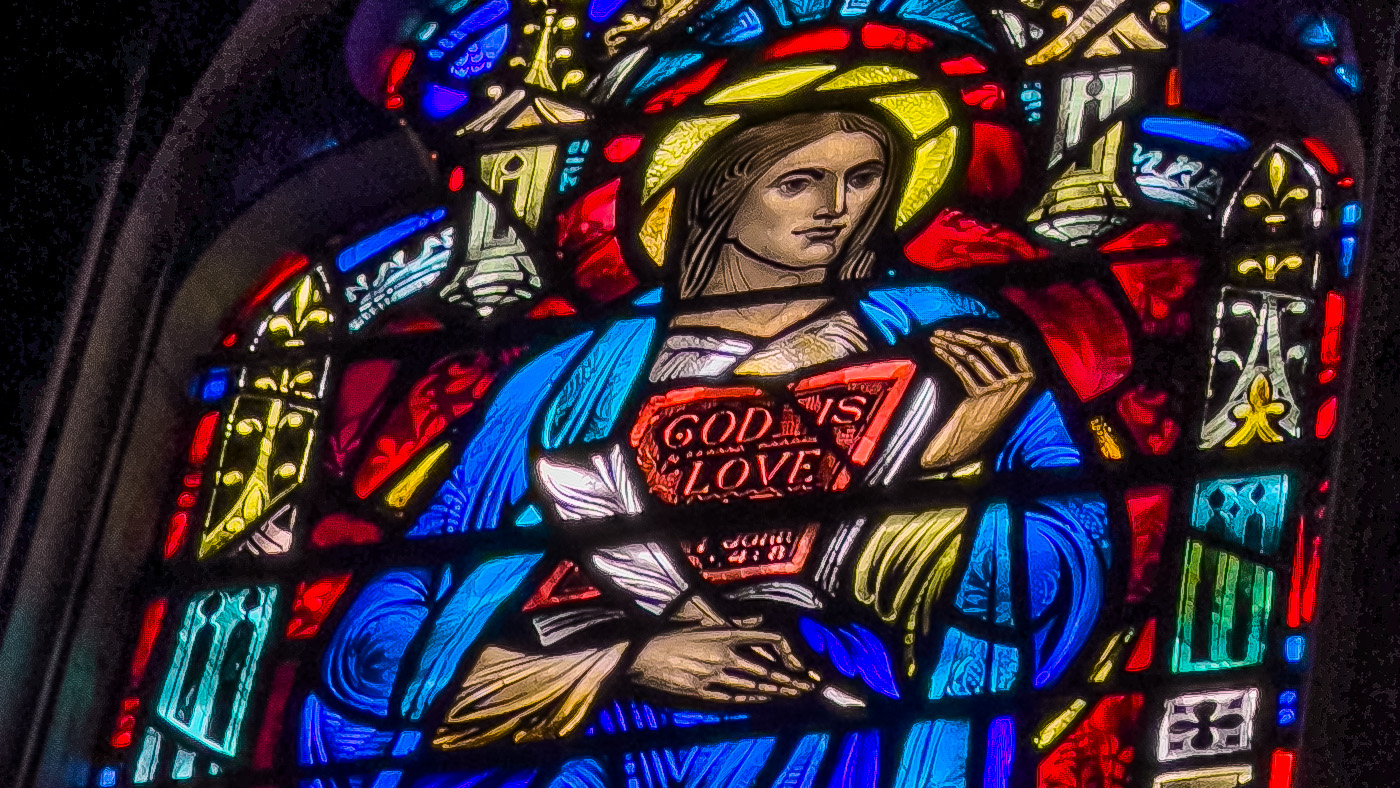I was told yesterday that I am going to hell. My first thought was …maybe but not for the reason you are thinking. I was at the Pride Festival in Wellesville. In the blistering heat, protesters were gathered across the street to condemn so many things. Among them, that I as a clergy person was leading the queer folk I was standing with and for astray. I am quite sure God is OK with me being there. Being an ally seems to be good and holy work.
One issue might be that the conservative Christian protesters and I have a different vision of hell. I believe in hell, but not as a place of eternal damnation. I believe that hell is a refusal to accept God’s love for us, and for all people. We choose our own hell when we put the world and the sparkly things of the world ahead of God. It never turns out well.
The Good News which I preach is that we can turn that around at any time. God is always inviting us, always calling to us. God is always loving us and delighting in us. God is always, always love. I may have varying abilities to accept that love and difficulty living it, but as long as I believe in it and open my heart to it, I am engaged in God’s heavenly kingdom eternally.
I think in our haste to be right, even in our haste to please God, we forget a few things. We forget that we are each uniquely and lovingly crafted by God in God’s own image. God made us as we are, with all of our gifts and talents and goodness. And God pronounces that creation (us) as very good. We forget that it is God’s business to judge, and we need that in order to be constantly working to be our best selves. But God judges, not us. We forget that fear and the evil that perpetuates it is always lurking and ready to distract us from God’s love.
So I stood across from the protesters who were shouting harsh judgements about people being who they were created to be. I tried to pray for them, to believe the good that resides in them, and to acknowledge that they also are beloved. But I believe their message is flawed, and that they are not projecting and embodying God’s love as God offers it to us. I accept their judgement of me, but I am not distracted or deterred by it. I stand for God’s acceptance and compassion and love of all people. And I accept the consequences that come with trying to live that in the world.
